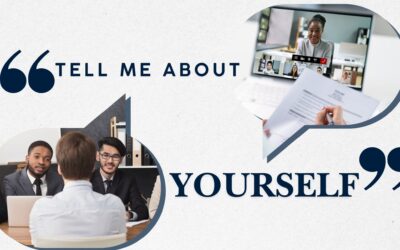The following are basics for interviews that take place during a meal.
- Generally, it is recommended that you do not drink alcohol. It is imperative that you always remain at your best and mentally sharp. Alcohol can create a level of comfort and in a professional situation; comfort might not be a good idea.
- However, if wine is suggested by your host, always allow the interviewer to make the selection. If you are asked to make the selection, select one that is moderately priced. Limit yourself to one glass of wine if you are put in this situation.
- If you feel that you would rather not partake, graciously decline. It is usually not necessary to detail reasons why you prefer not to drink.
- Select meals that are “light” in nature. They should be easy to eat so you can focus on your conversation.
- When ordering, follow your host’s lead if they order first, otherwise make a meal selection that is moderately priced.
- When seated, place your napkin on your lap. Try not to leave the table unless you need to.
- Sip your beverages, not gulp.
- As your parents always told you, “Don’t talk with your mouth full.”
- Do not chew on ice. When people are nervous, they sometimes do this.
- Wipe your mouth with a napkin often to insure a clean face.
- Be courteous to everyone. The interviewer is watching how you interact with the wait hostess, the wait staff eve the person who comes to clear your plate.
- Lunch interviews by nature are more casual than traditional office interviews, so you’ll need to be prepared to make small talk. But remember, this is a business meeting, not a social event.
- Say thank you, send the hiring manager a warm thank you email and handwritten note.
REMEMBER, A LUNCH OR DINNER INTERVIEW IS NOT ABOUT EATING!
 Rick Christensen: Director, Career Transition Practice
Rick Christensen: Director, Career Transition Practice
Rick’s passion is coaching individuals through career transitions, developing career management strategies and in identifying and sharpening competencies to open doors to new opportunities. His efforts have assisted thousands of individuals achieve their full potential.
Contact Rick at: Rick@CareerDevelopmentPartners.com




